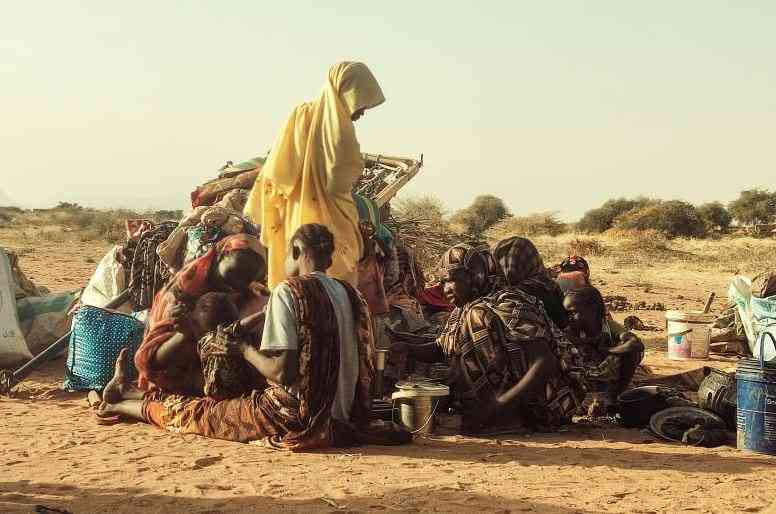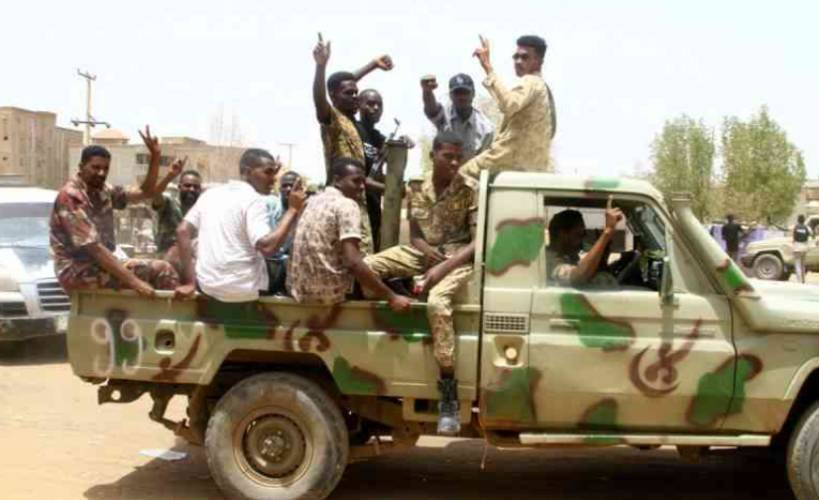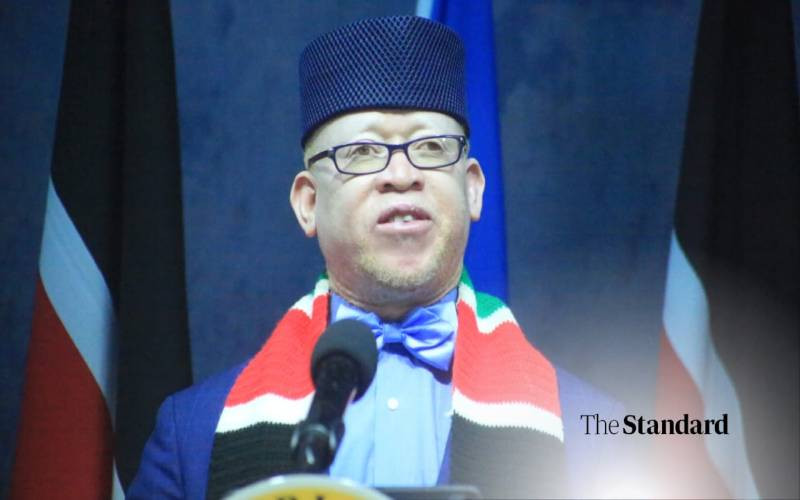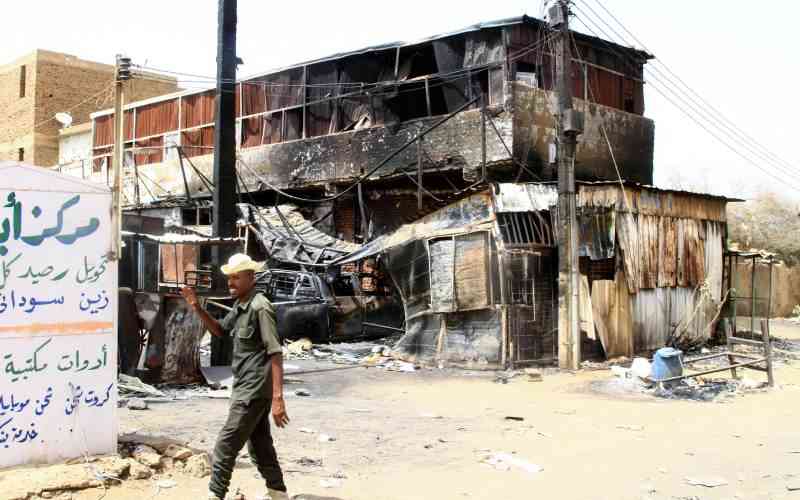
Media investigations have recently revealed a possibility of weapons meant for Kenya being diverted to the war torn Sudan.
Crates of ammunition branded with alleged Kenya’s Ministry of Defence contract numbers were found deep inside territory that was controlled by the Rapid Support.
Metallic boxes with ammunition matching the labels on the crates were also found among the captured weapons displayed by the Sudanese Armed Forces (SAF).
The ammunition crates inside Sudan raised questions about Kenya’s involvement in the conflict following a high-profile visit by Rapid Support Forces leader General Mohamed Hamdan Dagalo to Nairobi earlier this year.
Meanwhile, at the heart of Sudan’s war-torn capital, Khartoum, the scars of conflict run deeper than the bombed-out buildings and deserted streets.
For many residents, returning home after fleeing violence brings a fresh wave of despair.




Homes once filled with memories are now hollow shells, stripped bare by looters who operate with chilling impunity.
Among the culprits, a notorious group dubbed the ‘Black Ants’ has emerged, accused of systematically plundering civilian homes and flooding local markets with stolen goods.
As Sudan’s brutal war rages on, the looting of homes and the devastation of lives have become a grim hallmark of the conflict.
The war, which erupted in April 2023, has already claimed countless lives and forced millions to flee, both within Sudan and across its borders.
In Khartoum’s Salha district, a woman who spoke on condition of anonimity shared a story that echoes the pain of many.
She fled her home last month when fighting intensified, hoping to return once the violence subsided.
But when she did, her house was unrecognisable.
“Everything was gone,” she told local reporters, her voice heavy with grief. “Furniture, clothes, even my children’s toys, nothing was left.”
Neighbours told her that armed men, some in army uniforms, had raided her home in broad daylight, loading her belongings onto trucks.
Stay informed. Subscribe to our newsletter
Later, she spotted her furniture for sale at Sabreen Market, a sprawling hub now infamous for trading looted goods.
“I saw my own things being sold by a man in uniform,” she said. “Who do I turn to? There’s no one.”
Her story is far from unique. Across Khartoum, residents report similar tales of loss.
Witnesses describe armed gangs, often linked to the Sudanese Armed Forces (SAF) or their allied militias, storming neighbourhoods and carting off valuables.
Some even claim soldiers allowed criminal groups to join the plunder, turning homes into free-for-alls.
Humanitarian activist Walid Al-Baqir, a vocal critic of the violence, pointed to a specific army unit, the “Black Ants", as key players in this looting spree.
“They move like scavengers,” he said, “taking everything from homes and shops, then selling it openly at markets like Sabreen.”
The absence of effective military oversight has left these groups unchecked, leaving civilians with little hope of reclaiming their stolen lives.
The looting is just one layer of Sudan’s unfolding tragedy.
Reports from Human Rights Watch paint a harrowing picture of indiscriminate airstrikes by the Sudanese army, particularly in Nyala, Darfur’s largest city.
Unguided bombs have rained down on residential areas, killing dozens of civilians, including women and children, in February alone.
These attacks, branded as potential war crimes, have torn families apart and deepened the displacement crisis.
Jean-Baptiste Gallopin, a researcher at Human Rights Watch, described the bombings as “spreading terror and devastation.”
A UN panel echoed these findings, confirming attacks on hospitals and civilian infrastructure, while the United States has accused the army of using banned chemical weapons, prompting sanctions.